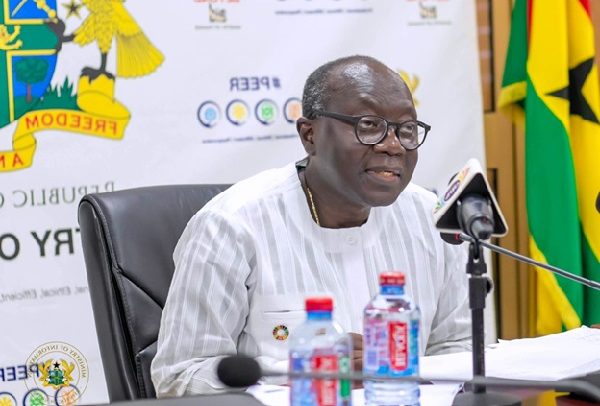Ken Ofori-Atta
THE GOVERNMENT has achieved more than the 80 per cent participation needed for the Domestic Debt Exchange Programme (DDEP), close sources working on the programme has revealed.
The programme forms part of the requirements needed for the government to secure an economic bailout of about $3 billion from the International Monetary Fund (IMF).
Finance Minister, Ken Ofori-Atta, is expected to make an official announcement on how the programme fared this week.
The sources said the government was able to achieve the target despite the exclusion of the Pension Funds from the programme.
“The programme was largely successful due to significant participation by institutional bondholders in the offer like the major banks, insurance firms and securities industry players,” a source said.
Despite the protest by the Individual Bondholders Forum, a group that objected to the programme, however there is confirmation that some individual bondholders voluntarily participated in the programme.
If government successfully closes all deals for the DDEP, it will pave the way to start the processes for the external debt restructuring which is not likely to face stiff opposition.
After postponing the deadline for the DDEP for more than three times, the government announced an extension of the deadline to 4pm on Friday, February 10, 2023, to complete administrative works.
The ministry noted that the extension was as a result of technical challenges experienced by some bondholders as they tried to complete the online tender process.
Under the improved offer, all individual bondholders who are below the age of 59 years (Category A) are being offered instruments with a maximum maturity of five years, instead of 15 years, and a 10 per cent coupon rate.
All retirees (including those retiring in 2023 and in Category B) are being offered instruments with a maximum maturity of five years, instead of 15 years, and a 15 per cent coupon rate.
The Finance Ministry noted that the objective is to ensure that individuals, especially retirees, who put their hard earned savings in the domestic market, are not left in hardship as a result of the programme.
BY Jamila Akweley Okertchiri


